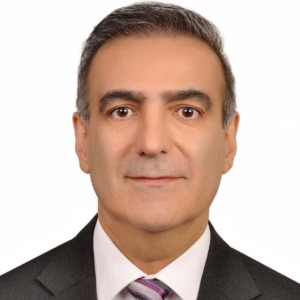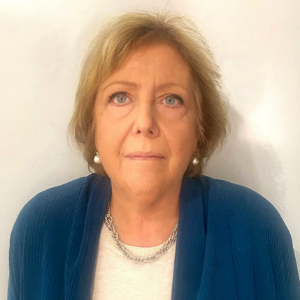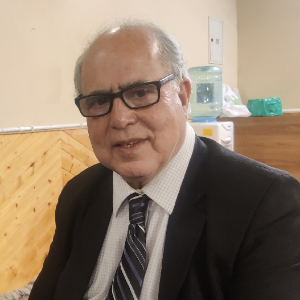Pharmacology and Drug Therapy in Eye Diseases
Vision is typically seen as the most crucial of the senses, and it is also the one that most people are most afraid of losing. Vision is frequently regarded as the most important sense that allows a person to work and function independently. The eye is a highly specialized organ that can suffer from a wide variety of diseases. Different anatomical parts of the eye may be affected by both local and systemic disease. The complicated physiology of the retina and the anatomy of the eye render the development of effective treatments complex. Because of the eye's unique anatomy and physiology, delivering drugs to the eye has been a huge difficulty. Topical (e.g., eye drops) and systemic (e.g., tablets) formulations are the least invasive ways for ocular drug administration.
- Ocular Pharmacology
- Pharmacokinetics and Drug Delivery
- Novel Approaches to Delivering Compounds to The Eye
- Sustained-Release Implants, Cell Therapy and Gene Therapy
- Challenges Faced in Drug Development and Delivery
- Drugs Used to Treat Eye Disorders

Tim Jackson
King’s College London, United Kingdom
Shadrokh Nabili
University Hospitals of Morecambe Bay NHS Foundation Trust, United Kingdom
Anna Maria Bassi
University of Genoa, Italy
Pio Conti
University of Chieti, Italy
Gowhar Ahmad
Florence Hospital Srinagar, India
Hyungju Park
Gangnam Tokyo Eye Clinic, Korea, Republic of




Title : Rare and interesting case of Goldenhar’s syndrome in a 3 years old male child
Gowhar Ahmad, Florence Hospital Srinagar, India
Title : Management of common vitreoretinal lesions: An overview and update
Tim Jackson, King’s College London, United Kingdom
Title : Optimizing astigmatism management in refractive cataract surgery
Shadrokh Nabili, University Hospitals of Morecambe Bay NHS Foundation Trust, United Kingdom
Title : Comparative outcomes of a newly modified trabeculectomy versus conventional trabeculectomy
Hyungju Park, Gangnam Tokyo Eye Clinic, Korea, Republic of
Title : Lumevoq gene therapy in leber hereditary optic neuropathy
Magali Taiel, GenSight Biologics, France
Title : Intra orbital wooden foreign bodies: A retrospective study of 30 cases
Chandana Chakraborti, Regional Institute of Ophthalmology, Medical College & Hospital, India